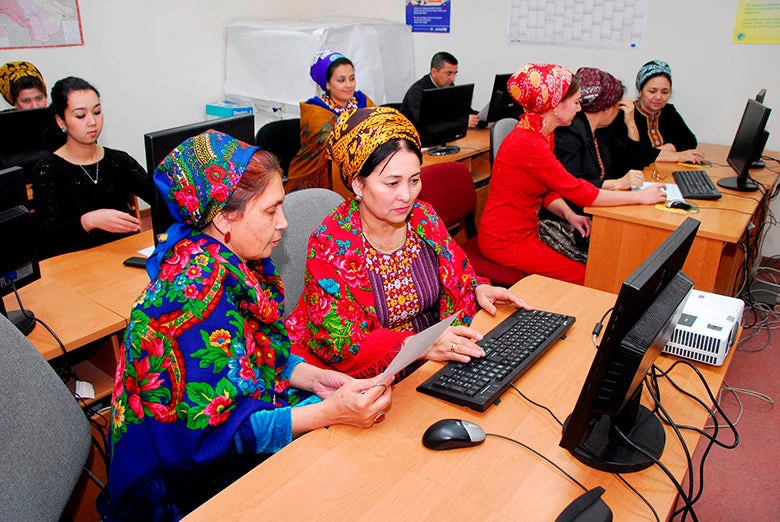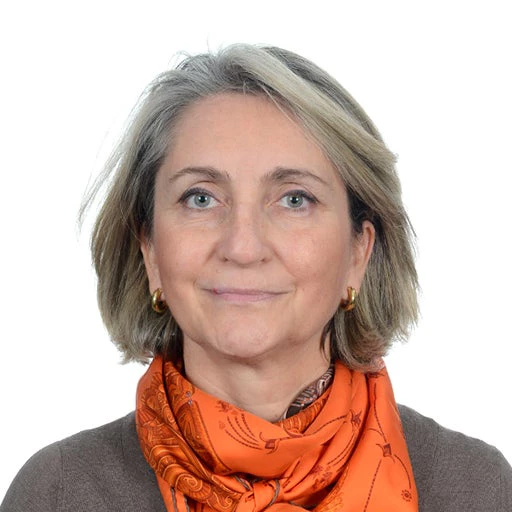
In 2009, the World Bank envisioned “open” in exactly the same way you “see” the word . . . an open door . . . and waiting behind the door . . . access to buildings and ideas, people and events. And in the Bank’s case, access to a plethora of information on projects throughout the world, current ‘ of the moment’ information on open projects, outcomes and lessons learned culled from closed projects, small grants that showed impact and improvement, research into cutting edge topics that affect everybody like climate change and displacement, and much more.
This vision was the inspiration for the 2010 Policy on Access to Information (AI) , wherein any document in the Bank’s possession can be made available as long as it does not fall under any of the ten exceptions. The public can access the wealth of information in several ways, by submitting a request through an online submission system, coming to the Bank’s Archives Unit and poring through documents in the reading room, downloading from our Projects and Operations website, Documents and Reports website, Open Data portal, Open Archives platform, and accessing our AI website.  All of this information can give citizens a wide range of tools to inform themselves, their community leaders, and their governments and help them work to effect real change. In the last year, the Bank’s AI team carried out a survey which showed that the most popular topics which were subject of an AI request were energy, poverty, finance and markets, agriculture, environment and natural resources, and governance. These topics are in the news headlines every day and demonstrate the critical link between information and action.
All of this information can give citizens a wide range of tools to inform themselves, their community leaders, and their governments and help them work to effect real change. In the last year, the Bank’s AI team carried out a survey which showed that the most popular topics which were subject of an AI request were energy, poverty, finance and markets, agriculture, environment and natural resources, and governance. These topics are in the news headlines every day and demonstrate the critical link between information and action.
The AI Policy is just one of the several transparency and accountability initiatives mentioned above that have been launched by the World Bank and which have been working in tandem in concrete and meaningful ways. Together, they are in line with the World Bank’s transparency agenda which calls on governments, civil society, the private sector and international organizations to respond to citizens’ demands for transparency and accountability. Collaboratively, these initiatives have worked to deepen and expand the relationship of the World Bank with its internal and external stakeholders. We hope the public will continue to take advantage of our vast reservoir of information resources and, from our side, we will continue to get as much information out there as we can to contribute to the power of information to effect change.
In the lead up to International Open Access Week (October 23-27), we will be posting a series of blogs on Open Access and how it is helping the World Bank Group to meet its mission to “end extreme poverty.” Please join us daily to hear from guest contributors on the following topics:
- Open Access and Development: Research Findings (Oct. 18)
- Demystifying Appeals Under the World Bank’s Access to Information Policy (Oct. 19)
- Can Access to the World Bank Archives Improve Health Outcomes? (Oct. 20)
- Academic Libraries and Open Access Resources in Latin America (Oct. 21)
- Open Access Resources (Oct. 22)
- World Bank Open Access Research Guide (Oct. 23)
- In 5 years of Supporting Open Data Around the World, What Have We Learned? (Oct. 24)
- Streamlining Open Access (OA) for World Bank Authors (Oct. 25)
- Reflections on the 5th Anniversary of the World Bank Open Knowledge Repository (OKR)– PLUS Livestreamed Panel Discussion at 2:00 – 3:30pm Eastern Daylight Time/6:00pm UTC (Oct. 26)
- International Open Access Week wrap up (Oct. 27)



Join the Conversation